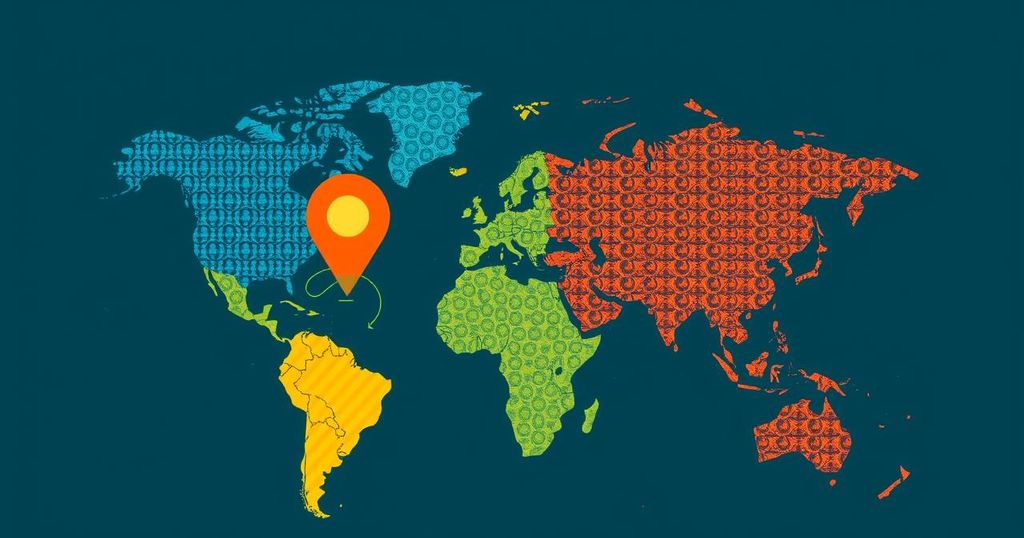Concerns Among Climate-Affected Immigrants as Presidential Election Nears

Malado Barro, a Malian immigrant in New York, recounts her childhood struggles with water scarcity due to climate change. Many migrants like her have left their home countries for similar reasons. As the presidential election approaches, there is growing concern among these migrants and supporting organizations regarding the potential ramifications of the election results on their plight.
Malado Barro, an immigrant from Mali residing in New York, has vividly experienced the harsh realities of climate change. During her childhood in Sikasso, she assisted her father, a farmer, in the arduous task of securing water essential for their agricultural needs. The severe droughts during those years made accessing water a formidable challenge, leading to intense familial stress over its scarcity. “I saw how we had to struggle to get water for our animals to even have a drink. It was hard. Everybody was suffering,” shared Barro, reflecting on her hardships. Barro’s childhood struggles with water shortages and extreme weather conditions are increasingly common among newly arrived migrants in New York, particularly those from Africa. Advocates assert that many individuals migrated to the United States due to an inability to find sustainable work or live safely in their home countries, primarily as a result of climate change. As the presidential election approaches, both migrants and the organizations that support them express concern that the election outcomes could exacerbate the challenging conditions faced by new arrivals seeking refuge in New York. Ahmed Gaya, the Director of the Climate Justice Collaborative under the National Partnership for New Americans, articulated his organization’s neutral stance on specific political candidates. However, he expressed apprehension regarding the prevailing attitudes of politicians towards migrants during this election cycle.
The intersection of climate change and migration has become an increasingly pressing issue, particularly for individuals from vulnerable regions such as Africa. Rising temperatures, changing rainfall patterns, and extreme weather events have rendered agricultural livelihoods precarious, forcing many to leave their homes in search of safety and sustainability. New York, as a destination for many immigrants, serves as a case study in how climate change influences migration patterns and the subsequent societal implications, particularly during politically tumultuous times such as an election cycle.
In summary, the experience of Malado Barro illustrates the profound impact that climate change has on migration and the challenges faced by individuals who seek refuge and new opportunities in the United States. With the upcoming presidential election, the intersection between political responses to migration and the broader climate crisis will significantly shape the experiences of newly arrived immigrants, underscoring the importance of understanding and addressing these issues holistically.
Original Source: www.nycitynewsservice.com






